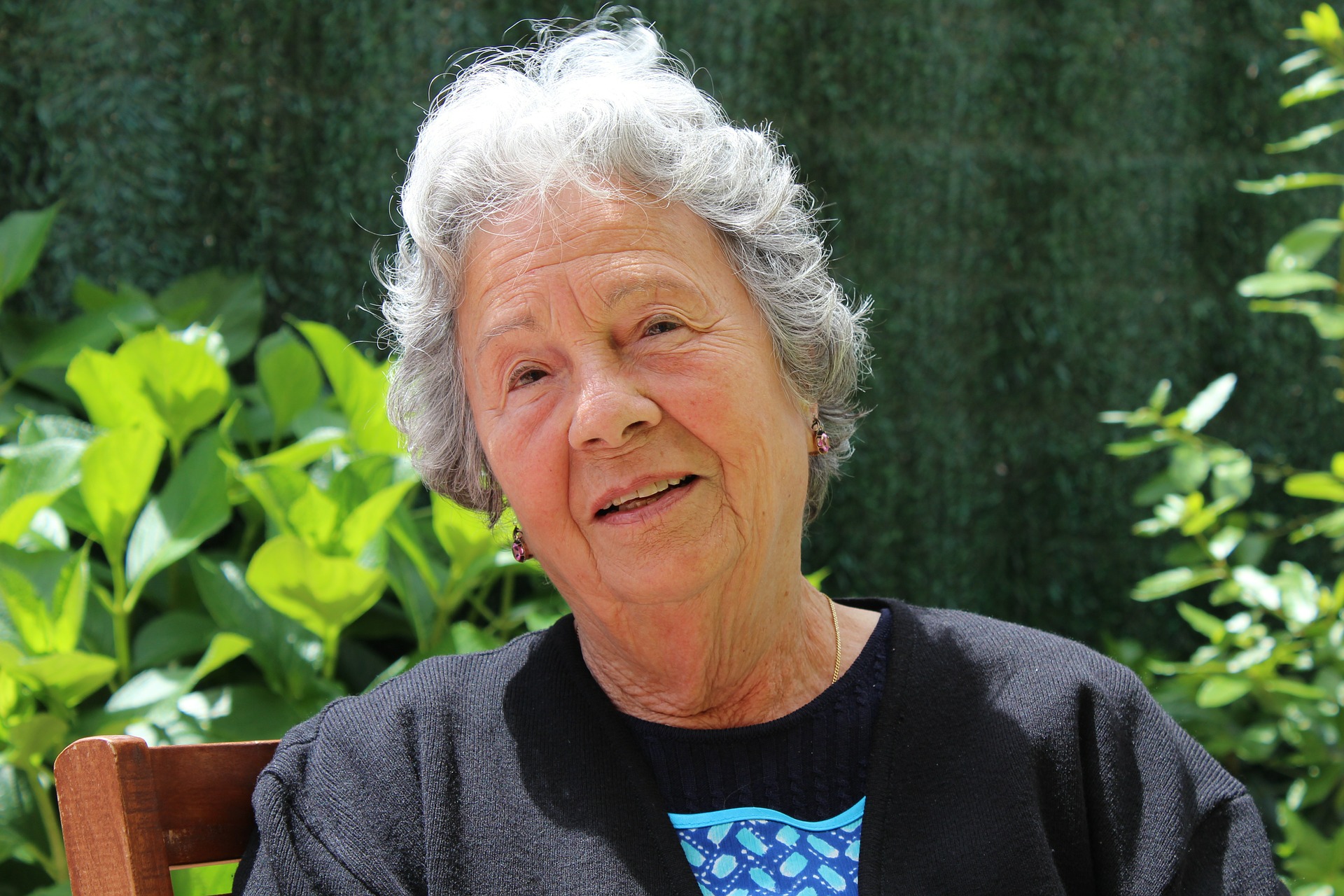As we grow older, many of us fiercely hold onto the concept of independence. It is easy to see why – after all, we want to live life on our terms, continue to care for ourselves, not be a burden to our families. Of course, admitting we are getting a stage of life when we may not be independent for much longer can be scary and hard to accept. Because of these feelings and others, seniors may resist the idea of selling their homes and moving into a senior living or assisted living facility. But moving into these facilities does not mean a senior has to relinquish their independence – in fact, they may only be giving up isolation and loneliness.

Many seniors who live at home alone can still perform the basic functions of daily life. They can care for themselves, cook meals, do chores, and keep up their personal hygiene routine. However, many of these individuals are suffering silently – feeling alone, isolated and lonely, especially if they can no longer drive. In these situations, an individual may be perfectly capable of living alone – but could be sinking into a dangerous emotional state.
Mental health experts note that when a senior feels lonely and isolated, it can greatly affect their physical and cognitive health. Those who feel less connected and engaged suffer from more disease, more depression, and may even begin to experience dementia earlier than their peers. If you have a senior loved one who lives alone, it is imperative that you stay in touch, keep them engaged, and help them get out of the house. If appropriate, help them to get involved in volunteering, a book club, or a church group. There are limitless possibilities to give a senior a sense of purpose and fulfillment.
Assisted Living Doesn’t Mean Loss of Independence
A senior living alone may only see one side of their situation – they want to remain independent. But they may not realize just how important friendship and connection are to their health. Adult living residences and assisted living facilities offer the best of all worlds – they provide the level of care needed, but still allow for as much independence as is appropriate for each resident. The senior can feel safe and secure, and not have to worry about experiencing an emergency while home alone. They can have experts onsite to discuss problems with, meet and interact with new friends, and live an active, engaging life.
Assisted living facilities offer educational classes, group activities, and opportunities for exercise and wellness. They will arrange transportation to doctor’s appointments, take residents shopping, and schedule fun outings and excursions. A resident can maintain as much independence as possible, while still receiving the support they need – and not succumbing to the devastating effects of isolation.
Living in one of these communities has another benefit as the years progress. As needs change and requirements evolve, the level of care can easily be adjusted. This allows the resident to continually receive the care they need at their stage of life, without having to move residences. Many facilities also have memory care centers so that those who develop dementia can also easily transition without a major move.
Assisted living facilities do not rob a senior citizen of independence, they help to foster it in a caring, safe and engaging community. If you are considering your next home, we invite you to tour A Banyan Residence in Venice.
